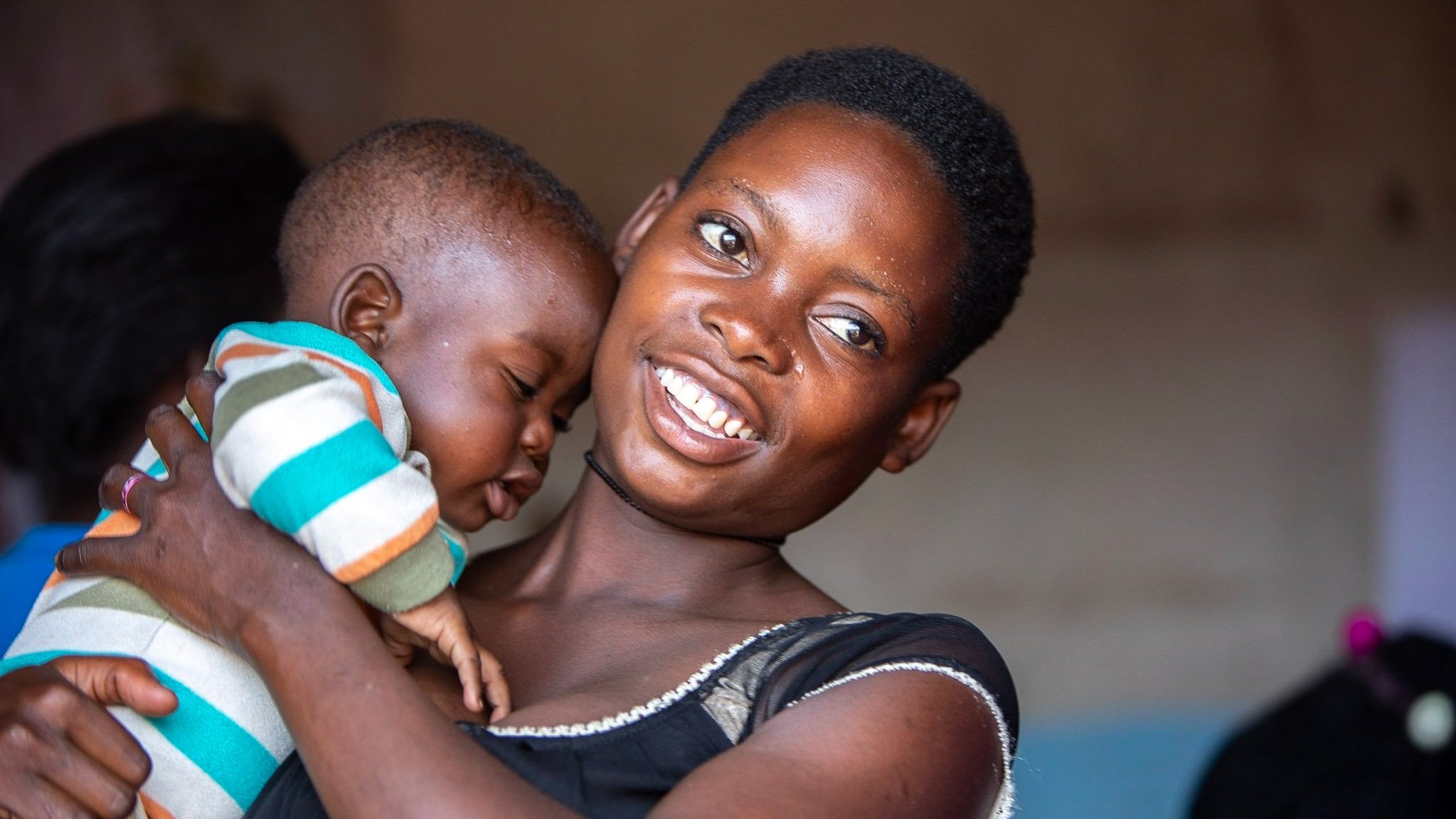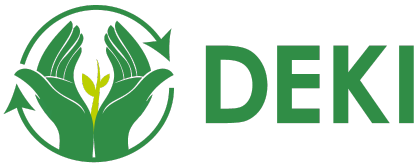
Breaking the cycle of poor health and poverty by building community health hubs
Only 30% of Togo’s population currently have access to health care, with even basic care unaffordable to many.
Low-income families are frightened of falling ill as without proper care, easily treatable illnesses and minor wounds can prevent vulnerable families from working as they become at risk of contracting life-threatening infections.
The inability to work can force families to sell their produce at a lower cost, plunging them deeper into poverty.
In the rainy seasons, remote communities are unable to travel to healthcare centres due to extreme flooding which disturbs the rough terrain, further isolating these villages. Often this leads to expectant mothers having to give birth in their communities with little or no healthcare support.
Working with local partners and the government, Deki's ‘Healthcare for All’ programme focuses on building community healthcare hubs.
Healthcare hubs provide a safe haven for families to be treated for waterborne diseases, wounds and even provide emergency birthing facilities, reducing easily treatable illnesses and alleviating poverty which often results from sickness and injury.
Along with a village healthcare hub, Deki provides tailored training, basic healthcare supplies, healthcare equipment, and essential medicines.
A healthcare hub costs around £7500 to build, and once up and running community members pay a non-profit price for medicine and materials, ensuring that community healthcare hubs are financially self-sustainable into the future.
Each hub supports up to 1000 people, providing a vital base for trained health workers to practise.
Deki’s Health Care for All project works to 6 SDGs

“I no longer have to walk for hours to gather wood. With my new clean cookstove, my children no longer get ill from the smoke”
Impact Story
Meet Lata Afi, Lata found herself in a challenging situation when an infection developed in her gums.
Faced with the absence of proper healthcare provisions Lata had no choice but to resort to self-medicating with unlicensed drugs. Unfortunately this approach failed to stop the infection, leading to the formation of an abscess.
Determined to break free from this health crisis, Lata became a member of MUSA’s, Deki’s Health Insurance Mutual, which provided her access to seek assistance from a government-run healthcare provider at a discounted rate. Despite this positive step, the delay in receiving treatment prolonged her illness, plunging her deeper into the cycle of poverty.
The extended period of illness left Lata unable to work or contribute to the well-being of her community.
Had Lata received prompt treatment at the initial onset of infection the progression of her illness could have been avoided, sparing her from unnecessary suffering.
Moved by Lata's poignant narrative and countless others like it, we were inspired to establish community Healthcare Hubs.
These hubs aim to bridge the gap by offering swift and affordable access to essential healthcare services, ensuring that individuals like Lata can receive timely treatment and breaking the cycle of poverty that often accompanies prolonged ailments.
By supporting Deki you are investing in lasting positive impact and empowering communities to become agents of change for the next generation.
We are grateful for every donation we receive and we promise that it will be used where it is needed the most.




